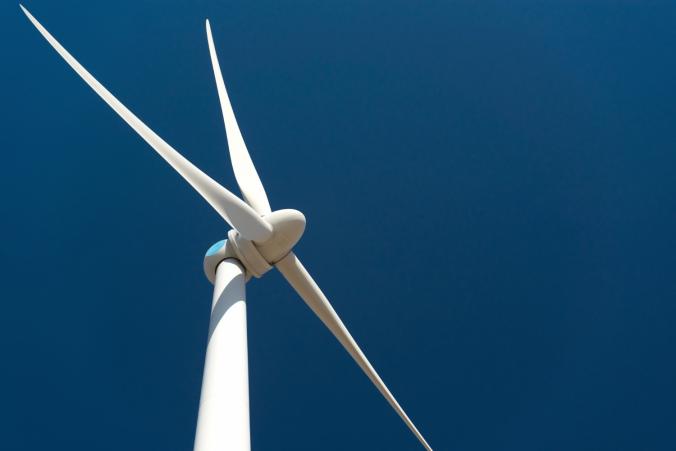Research: Green Hydrogen Production Costs to Fall to $2.5/kg by 2030 and $1.80 by 2040
ABI Research, a global technology research firm, predicts that global LCOH costs will reach cost-competitive levels, paving the way for heavy industry to reduce carbon emissions.
Green hydrogen is emerging as a key commodity for reducing hard-to-reduce CO2 emissions. However, despite its clear sustainability benefits, high production costs, known as the levelised cost of hydrogen (LCOH), have so far limited both investment in and demand for green hydrogen.
However, ABI Research, a global technology research firm, predicts that global LCOH costs will reach cost-competitive levels by 2030 and below polluting alternatives by 2040.
"With production costs expected to fall rapidly by 2027, mainly due to improvements in electrolyser efficiency and cost reductions, and with significant economies of scale projected to be achieved in plants by 2030, global green hydrogen production costs are projected to fall from an average of US$6-7 per kg to around US$2.5 per kg by the end of the decade. In addition, we expect LCOH costs to reach USD 1.80 per kilogram by 2040, mainly due to falling renewable energy prices. By 2050, green LCOH will be around USD 1/kg as the market matures," explains Daniel Burge, Research Analyst at ABI Research.
According to the market research, electrolyser producers such as ITM Power, Plug Power, Siemens Energy, LONGi, Peric, Thyssenkrupp and Green Hydrogen Systems will play a major role in the decline in CAPEX costs. Supporting technology vendors such as Danfoss, Schneider Electric and SunGreen H2 are key to reducing OPEX costs.
In the aerospace, steel, marine, chemical and petrochemical industries, which are under pressure to reduce carbon emissions, cost is a key driver in shaping demand for H2.
"The success of projects depends largely on how accurately these costs can be predicted. Heavy industry vendors therefore need to be acutely aware of when green LCOH values will be achieved and where and when demand will develop in a given market," Burge concludes.
These findings are from ABI Research's The Economic Viability of Green Hydrogen for Industry and Enterprises report. The report is part of the company's Smart Energy for Enterprises & Industries research service, which includes research, data and ABI Insights.










